
Nowadays, an SEO tool is the very thing that can elevate a business, attract organic traffic, and boost the positions of any Shopify site or brand to a high ranking on the ever-popular search engine – Google. As Google’s online robot algorithms are always changing and getting smarter. As a result, how people search online keeps evolving too. That’s why, for the success of a Shopify website or Shopify product, it’s essential to stay on top of the latest innovations and SEO strategies. And the Shopify SEO Guide 2025 is here to help with just that.
Why should you invest in SEO for Shopify?
When it comes to the need to optimize your Shopify, businesses should think about doing it as quickly as possible. The truth is that Shopify is the most popular eсommerce platform — regardless of factors like size or scale. It allows anyone to effortlessly and seamlessly build and manage a Shopify store. But just having a Shopify site isn’t enough. If potential customers can’t find it through Google’s search engine, they simply won’t buy. As a result, the brand suffers, and time is money. That’s where SEO technology and a powerful Shopify SEO strategy come into play. Professional SEO for Shopify will help any Shopify store reach top rankings in search results, making it easier for users to find the products, services, or offerings online.
Shopify SEO basics
Comprehension of Shopify SEO basics is something that should be important for ecommerce site owners. Shopify SEO optimization is all about the complexities of SEO Shopify, from creating an easy-to-understand structure to fine-tuning pages, product pages, and categories, and working with other web tools. Knowledge of the main algorithms and technological alternatives will help improve the rating and rankings in Google and other search engines.
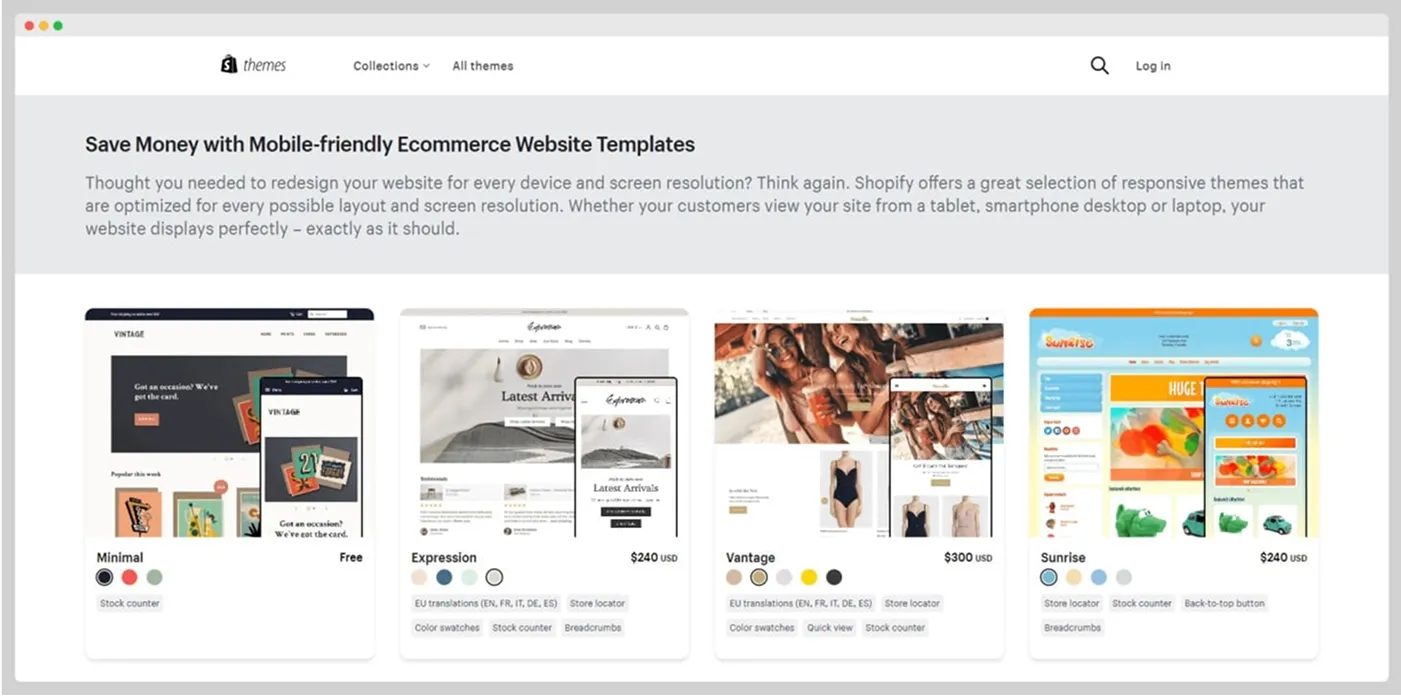
What is Shopify SEO?
Search engine optimization for your Shopify store helps you show up better in search results. It differs from regular website SEO because it focuses heavily on optimizing product pages, improving site speed, and ensuring mobile responsiveness – all things today’s shoppers expect and all factors directly impacting sales. While Shopify offers built-in features for on-page SEO, without proper and relevant configuration, a store can lose valuable rankings. Effective SEO for Shopify helps attract more targeted visitors, driving higher conversions and engagement.
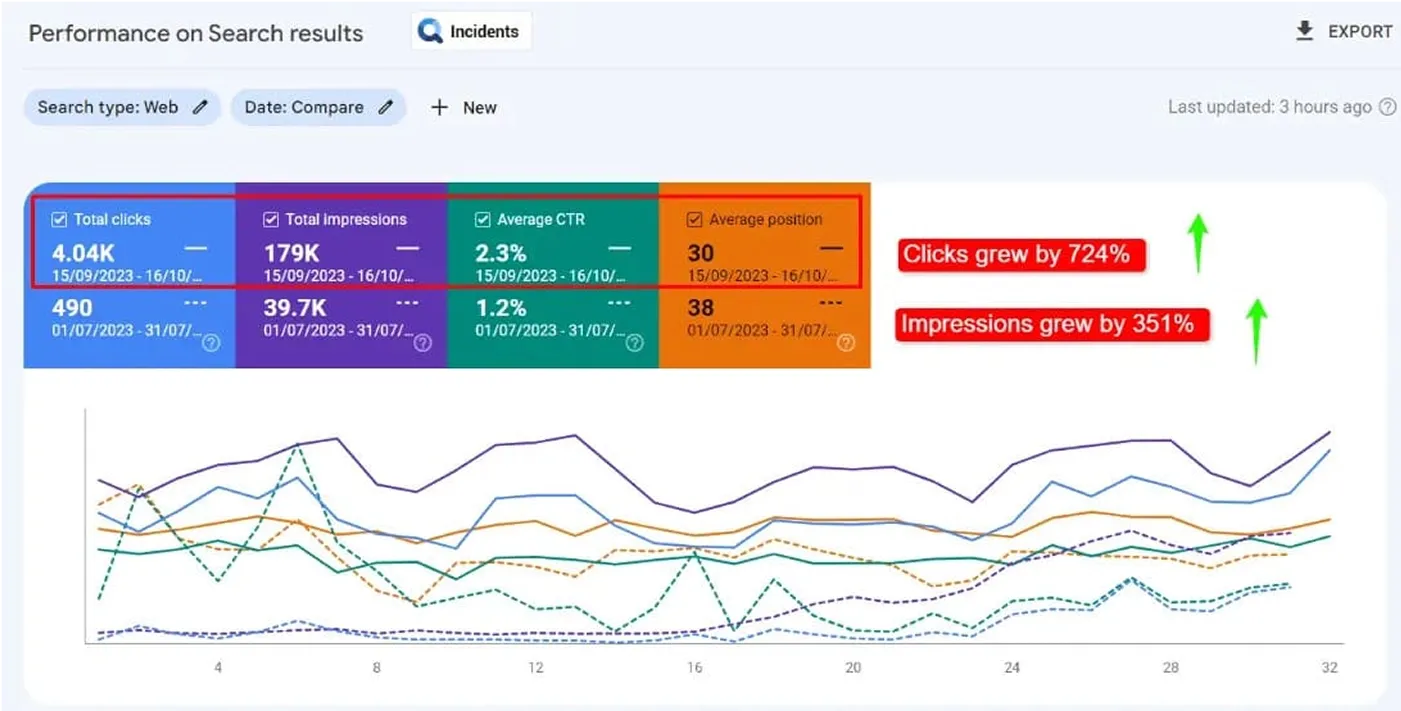
How SEO on Shopify differs from other platforms
Expert SEO for Shopify includes a set of robust features. Even if you compare it with WordPress or Magento, Shopify can be considered a more robust system. The fact is that the URL structure of this platform allows you to automatically create product pages and adjust individual parameters for editing meta descriptions. The conceptual differences of these nuances lead to more productive functioning resources that optimize your Shopify store and also help to prevent various mistakes during promotion.
Why you need to optimize your store for SEO
Enhancing your Shopify ecommerce store with effective SEO strategies lets more people find your Shopify store. Without effective SEO, your top-quality products may never reach the audience they deserve. SEO performance is all about helping attract new customers, enhancing the user experience, and reducing reliance on paid advertising.
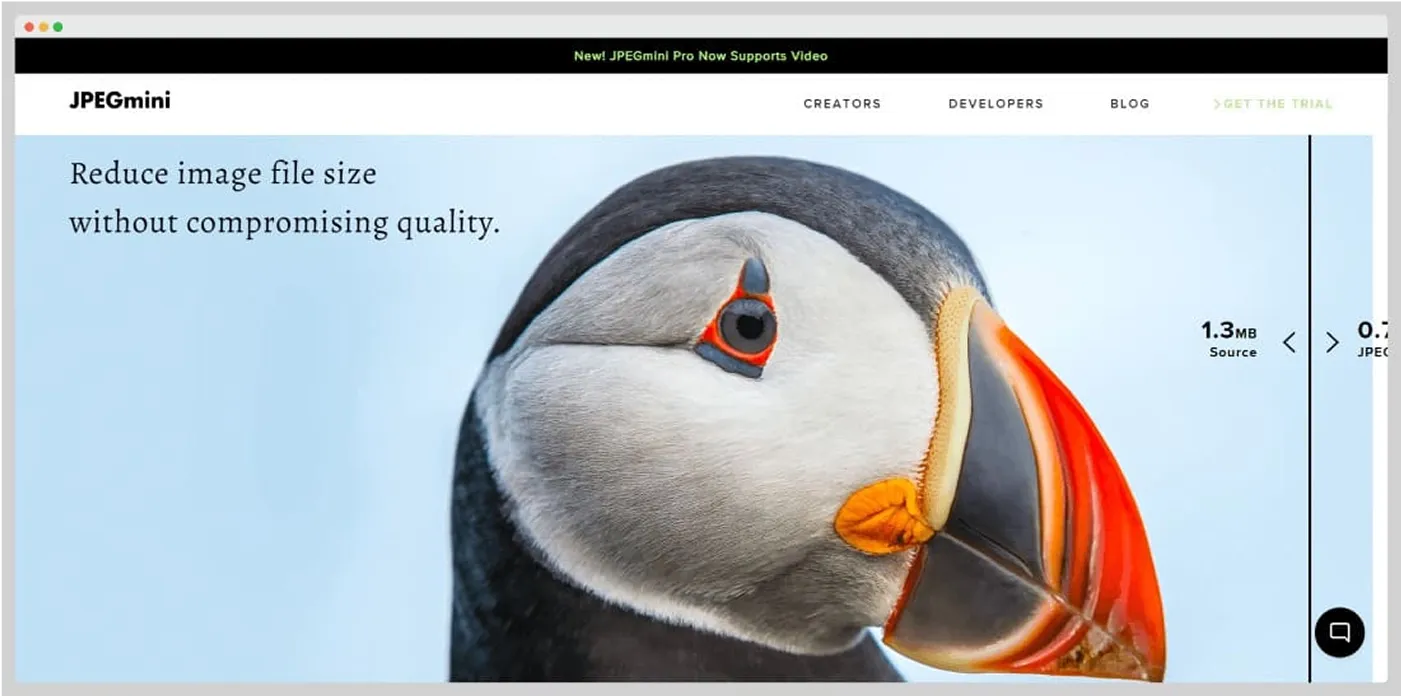
How search engines view your store
Search engines like Google analyze a Shopify online store using advanced algorithms, evaluating everything from technical usability and content quality to page structure and backlink profiles. It is important to realize that effective SEO is not just about keywords. It is about choosing a specific keyword/word for each type of business, depending on the situation. For both an ecommerce site and a product page in a Shopify app, experts focus on relevant phrases. Search engines must “recognize” the content to raise the position of a business resource in organic search results.
Technical structure
As for the structure, when promoting a Shopify ecommerce store, it is worth paying attention to how to improve SEO. It is best to use tools to improve navigation and optimize the order of URLs to make web pages load quickly. It’s also important to configure redirects, and implement relevant structured data to help search platforms recognize and interpret your content correctly. A clear, easy-to-use site structure makes things better for your visitors and helps your store show up higher in search results.

Crawling, indexing, and rankings
The evaluation process begins the moment online robots visit a specific resource. They crawl and "process" web pages and automatically "understand" which of them will be indexed and how they will rank. It is necessary to make sure that the site works without delays and that the product page is always accessible.
Optimizing your Shopify store – Key SEO tips
If you're ready to optimize your Shopify store, you're already on the right track. But even the best ideas need a comprehensive SEO approach that includes research (because every keyword matters), on-page optimization, structural refinement, and UX enhancements. A combination of these activities can help your ecommerce business gain better visibility and attract high-quality, targeted traffic. Let’s have a look at the most essential Shopify SEO tips to truly achieve the results you’re aiming for.
Keyword research
This is a proven tactic behind every successful custom SEO strategy. By understanding what phrases shoppers are using, businesses can develop a clear map for the type of content an online store needs. And every keyword has value because it can potentially help them rank better in search results.
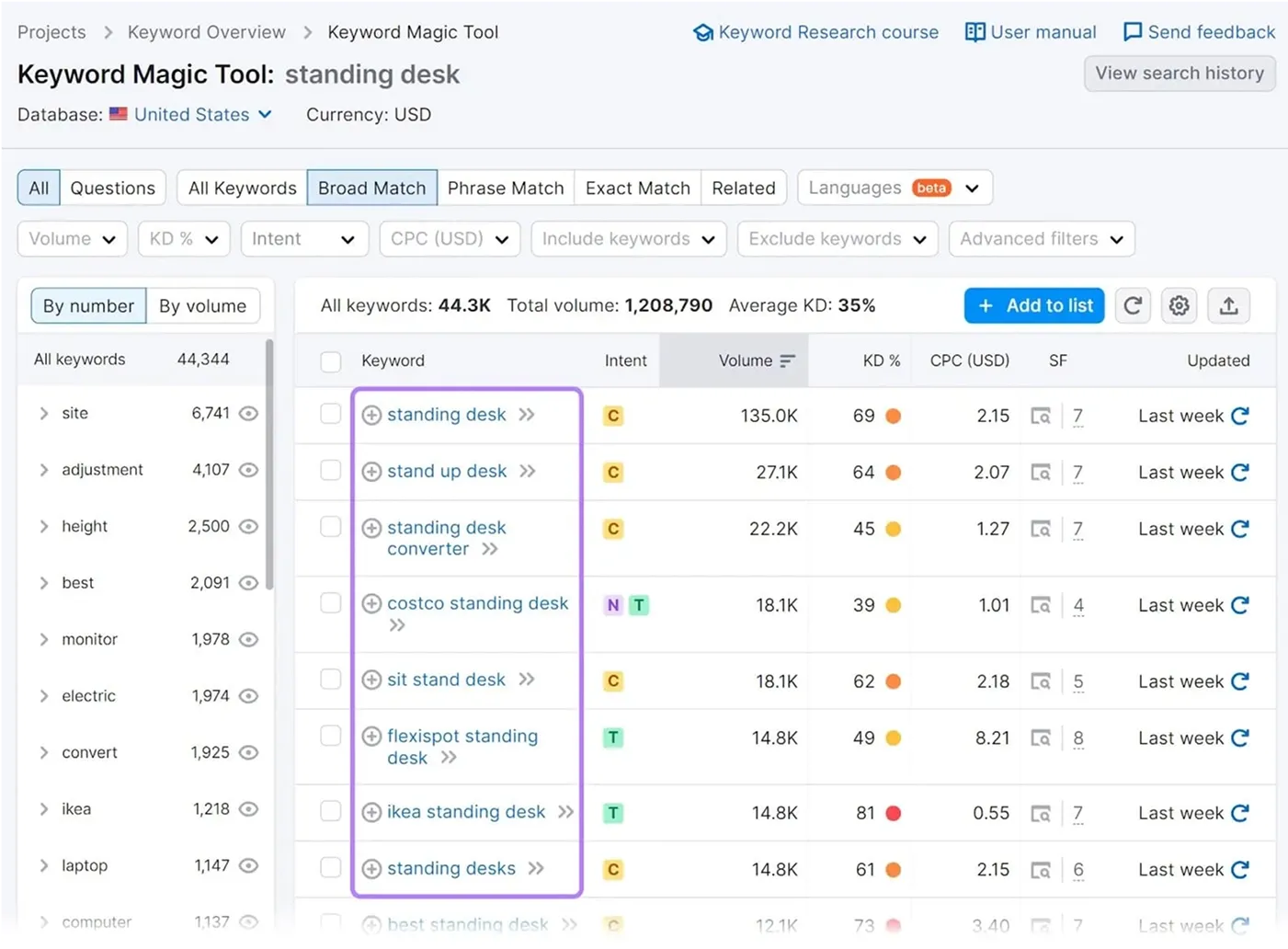
Finding keywords that support SEO rankings
Search Console makes it possible to compile a list of high-priority phrases that boost Shopify SEO positions. It includes the analysis of query popularity, competition level, and user intent. When selecting keywords, it’s essential to focus not only on search volume but also on how well they align with the interests of the target audience.
SEO tools to identify opportunities
Numerous SEO tools help uncover new opportunities for business growth. They analyze key phrases, assess competitiveness, track position changes, and detect weak points in a store’s performance. Using such tools enables timely adjustments to your Shopify strategy and effectively strengthens the store’s position.
On-page optimization
Effective on-page optimization is essential for improving your Shopify store’s SEO performance and strengthening your Shopify conversion optimization efforts. This involves creating original, keyword-rich titles, writing clear and relevant meta descriptions, publishing engaging and informative content, and using high-quality, properly optimized images.
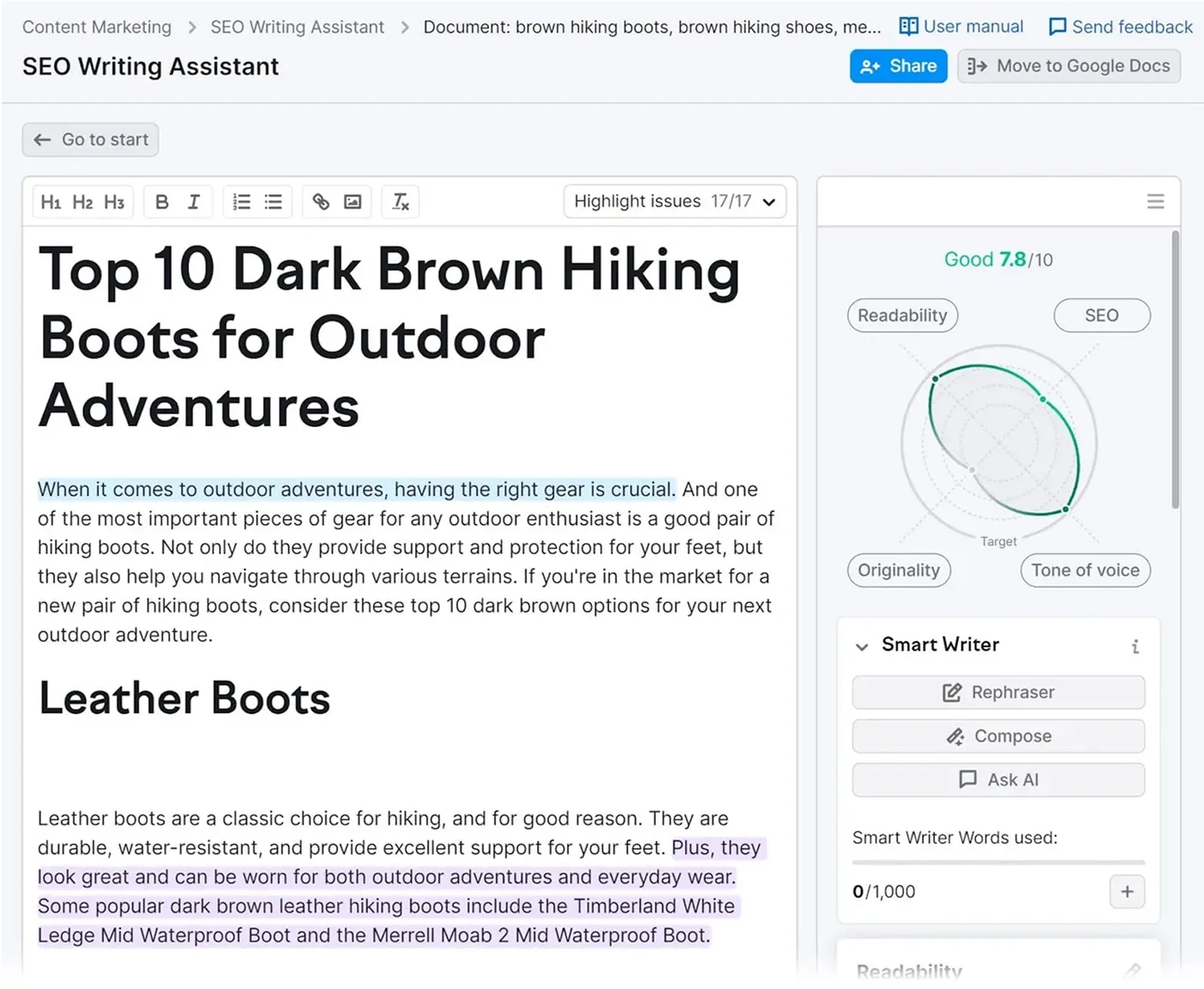
Optimize titles & metadata
Professional optimization of titles and metadata helps attract a broader audience to your online store. Valuable, important, and relevant key phrases, tags, expressions, and quotes significantly increase the likelihood of visitors clicking through to the business website. Thoughtful use of titles and metadata also makes it easier for online crawlers to understand the content published on a specific ecommerce site, thus improving indexing accuracy and increasing the chances of ranking higher in relevant search results.

Improve product descriptions
High-quality content on the product pages should not only be unique but also valuable to users. Each product description should be as professional as possible, including relevant key phrases that help increase engagement and positively impact performance.
Site structure and navigation
Successful SEO starts with a clear, user-friendly site structure that helps both visitors and search engines find what they’re looking for. A well-organized page layout makes it easier for search platforms to index the site and enhances user experience, which ultimately leads to better rankings and higher conversions. A clear, logical structure also reduces bounce rates.
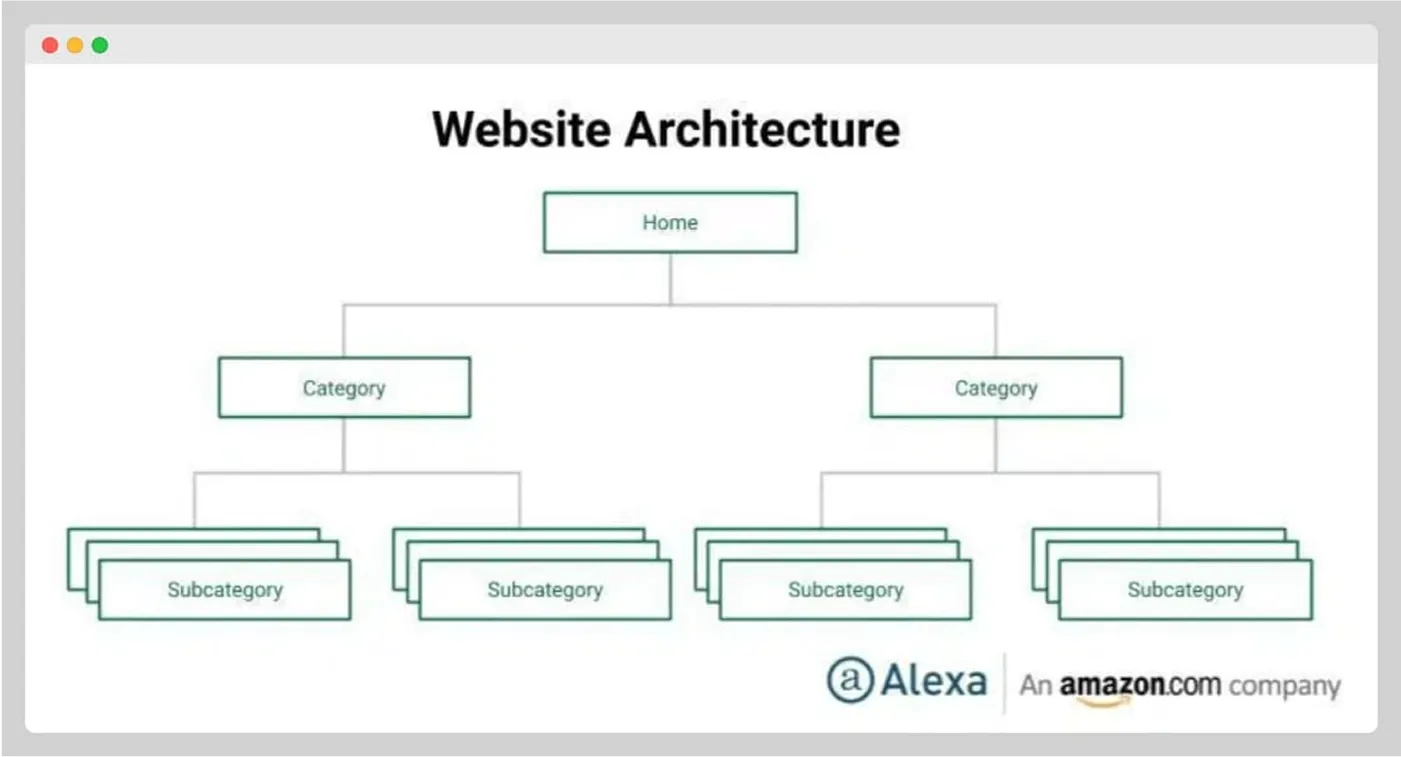
Organize for crawlability
A comprehensive, careful, and neat organization of the website for efficient indexing involves creating a clear sitemap, optimizing internal linking, and fixing technical errors. This helps search engine algorithms find and monitor web pages more quickly and accurately. Good crawlability positively affects visibility in organic search and overall SEO success.
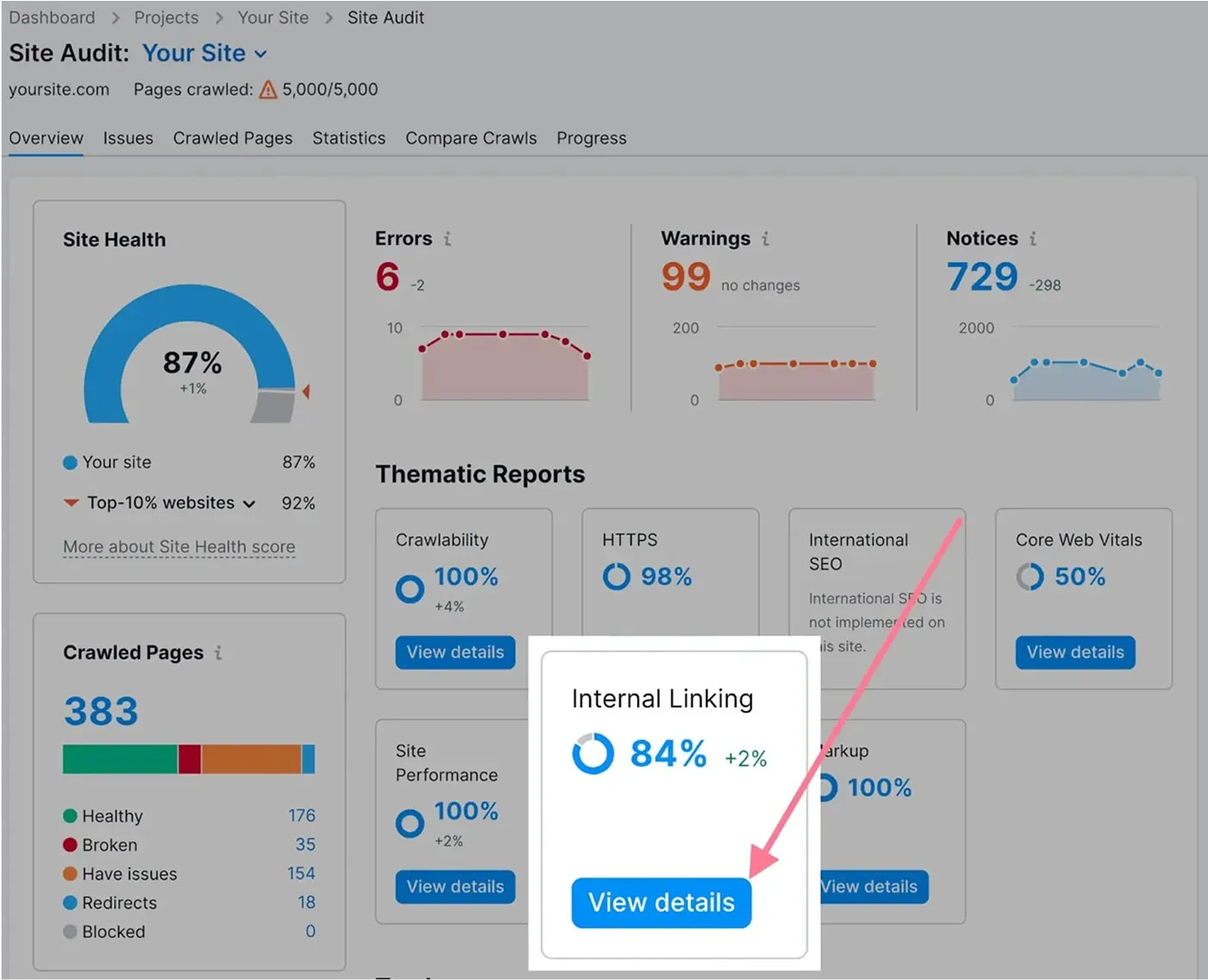
Clean structure & SEO
A clean structure improves all SEO metrics. This includes category hierarchy, proper, readable URLs, neat internal linking, and the absence of duplicates (such as identical or repetitive product descriptions). A clean structure makes the business site more user-friendly, and understandable for search platform algorithms, boosting trust among users.
Technical SEO
This set of activities creates a solid foundation for site promotion. Speed optimization, mobile enhancements, Shopify app adjustments, structural improvements, and fixing crawl errors elevate the site's position on search platforms. For stores using the Shopify theme, technical optimization is especially important for sales.
Improve site speed & optimize for mobile
Fast and seamless website loading, along with mobile responsiveness, is half the battle in professional SEO. Shopify offers many built-in solutions, but additional code optimization, such as such as minimizing scripts, compressing images, and removing unused apps, is crucial to achieve maximum speed. The mobile version of the site helps retain customers. According to Google, 53% of mobile users abandon a site if it takes longer than 3 seconds to load, so mobile-friendly websites are prioritized in search rankings.
Managing duplicate content
Content and product descriptions that are recognized as "repeated" can cause significant harm to the positions of an ecommerce site. In turn, this will negatively affect the "recognition" of your site by search robots. That is why, as well as to maintain the authority of the resource and its correct operation in the future, it is necessary to carry out professional URL tuning and cross-linking.
Optimize URL structure and internal linking
A clean URL structure and effective internal linking make a website more user-friendly and easier for search crawlers to navigate. On Shopify, it's important to build logical links and properly connect pages to improve navigation, speed up indexing, and boost positions in organic results.

Shopify’s built-in features to support SEO
Out of the box, Shopify provides a range of features to power up your search engine optimization efforts. We are talking about customizable metadata, user-friendly URLs, internal linking capabilities, etc. Additionally, you can use tools like Google Search Console to get valuable insights and opportunities to optimize your site’s performance on search platforms.
Content strategy
A well-crafted, personalized content strategy helps build trust with your audience and improves your Shopify online store’s visibility on search platforms. Instead of creating content randomly, it’s essential to develop a clear plan focused on target queries and customer interests. Consistency in publishing informational content boosts the effectiveness of SEO.
Blogging & education
Publishing educational content on your blog not only informs potential customers but also drives organic traffic. Creating educational materials establishes your expertise in your niche and helps improve positions in organic search by addressing relevant queries.
Blog posts & SEO
High-quality, professional blog posts that are properly optimized for search platforms become a valuable tool for attracting new visitors. It's important not only to write engaging content but also to consider key phrases, internal links, header structure, and content quality to increase its visibility.
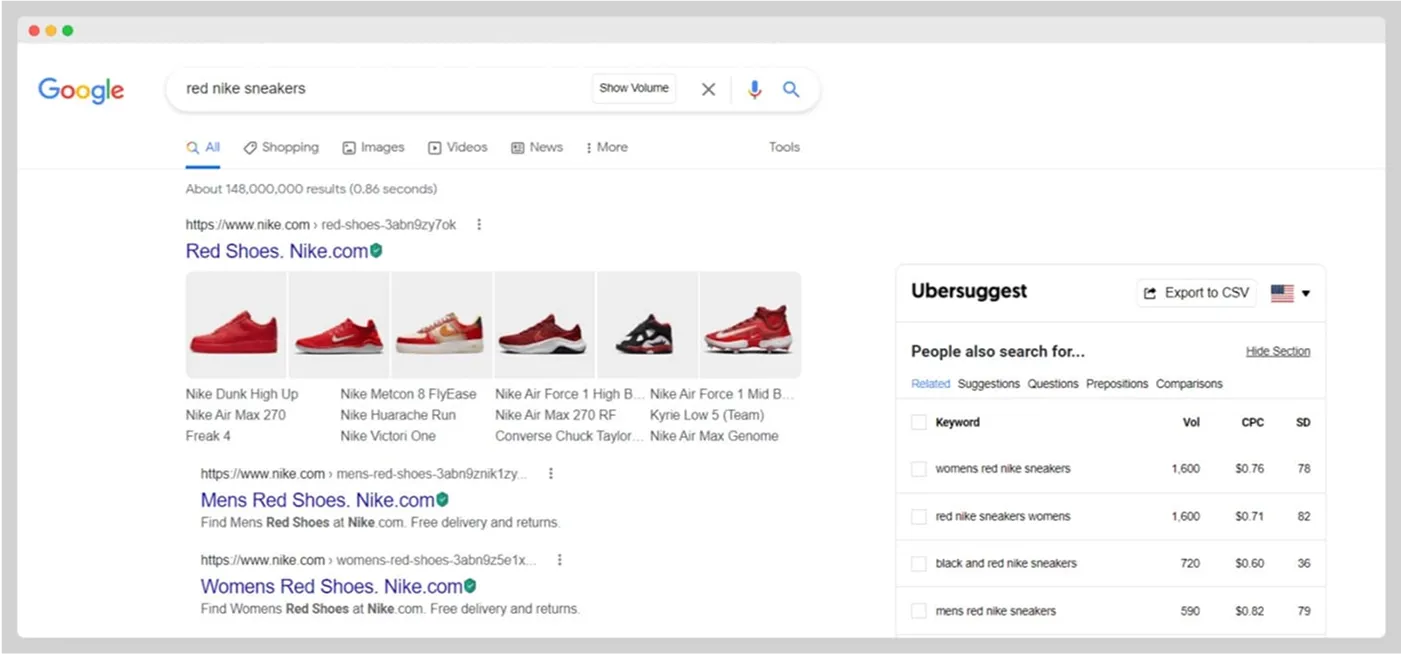
Topic clustering around your product niche
Only professional clustering of topics around your product’s key niche helps create a logical content structure, improving both navigation for users and indexing for search platforms. This strategy boosts positions across a wide range of related queries.
Crafting SEO-friendly blog titles and meta descriptions
Clear, concise, and engaging titles and well-written meta descriptions can help more people click on your site in search results. When you focus on being clear, using the right keywords, and adding a bit of emotion, you’re more likely to grab people’s attention before they even visit your store.
Optimizing product and collection descriptions
Well-crafted descriptions of products, services, and collections directly impact user engagement and sales. Instead of using generic phrases, it’s important to highlight the unique features of your offerings and tailor the content to meet SEO Shopify requirements to drive traffic.
Unique product content
Innovative, truly unique descriptions of services and products will help your ecommerce store "get out of the gray mass". Distinctive content can boost your rankings in organic search results, positioning your store at the top. In fact, by developing "smart", creative content, there is every chance to engage customers and drive them to complete their purchases online.
Enhancing descriptions with benefits and features
A crucial element of successful product and service descriptions is focusing on the benefits and features of the product. Instead of just listing specifications, show the real value your product brings to the customer. Essentially, it's about conveying how the product can solve a problem.
Encouraging and showcasing customer reviews
Customer reviews are a powerful trust-building tool that also supports your SEO strategy. Genuine user-generated content signals to search engines that your site is active and relevant. Showing customer reviews helps build trust with buyers and also boosts your search rankings by adding new, keyword-rich content to your store regularly.
Q&A sections
Q&A sections are a great feature to have on any online store. By providing relevant and timely answers to common customer questions and concerns, the 'Questions and Answers' section effectively increases audience engagement.
Content calendar planning
A well-planned content calendar helps you publish regularly and keep growing your traffic over time. When you strategically plan content topics, formats, publishing dates, and promotion channels, you get a chance to create a steady flow of relevant material that supports SEO and keeps your audience engaged. Even minimal but focused marketing efforts can deliver significant long-term results.
Scheduling seasonal and evergreen content
You need to share content that stays relevant all year long, as well as content tied to specific events or times of the year. Evergreen content drives consistent traffic over time, while seasonal content, such as holiday promotions or event-driven campaigns, capitalizes on timely opportunities. Publishing both is a fantastic way to secure steady traffic year-round.
Balancing promotional and informative posts
Alternating between promotional and informative posts is a solid approach. This strategy boosts visitor loyalty, fosters trust, and prevents intrusive engagement. By building a "bridge" between promotion and providing valuable information, brands can deliver content that becomes genuinely useful to clients.
Off-page SEO & link building
Off-page SEO plays a significant role in how well your Shopify store ranks on search engines. Key elements include acquiring high-quality backlinks, collaborating with reputable websites, and cultivating a strong online presence through partnerships, guest posts, and social mentions. This can boost your reputation and help push your store closer to the top of search results.
Build authority with backlinks
Posting high-quality and relevant backlinks will show trust from other web sources. The more reputable resources, forums, and platforms mention an online store, the higher its chances of securing top positions and attracting traffic.
Outreach for links
Link outreach is a key part of growing your Shopify store’s visibility. Actively reaching out to relevant websites, blogs, and influencers can help you earn valuable backlinks. There are plenty of link-building tactics out there. However, the best way to stay ahead of the competition and avoid penalties from search engines is using a mix of them.
Collaborate with bloggers
Partnering with bloggers, influencers, or celebrities opens new promotional channels for products and brands. Publishing reviews, recommendations, and thematic content on authoritative blogs helps expand audience reach, acquire quality backlinks, and increase loyalty toward your online store.
Social proof & reviews
User activity – like reviews, ratings, and comments – plays a big role in shaping how people perceive your brand. Real, authentic feedback builds trust and shows new visitors that your store is credible and reliable.
User content for SEO
User-generated expert content is a powerful tool for organic promotion. Reviews, photos, video reviews, and comments add freshness to the resource, stimulate audience engagement, and improve indexing in the search console when people search for something based on their relevant queries.
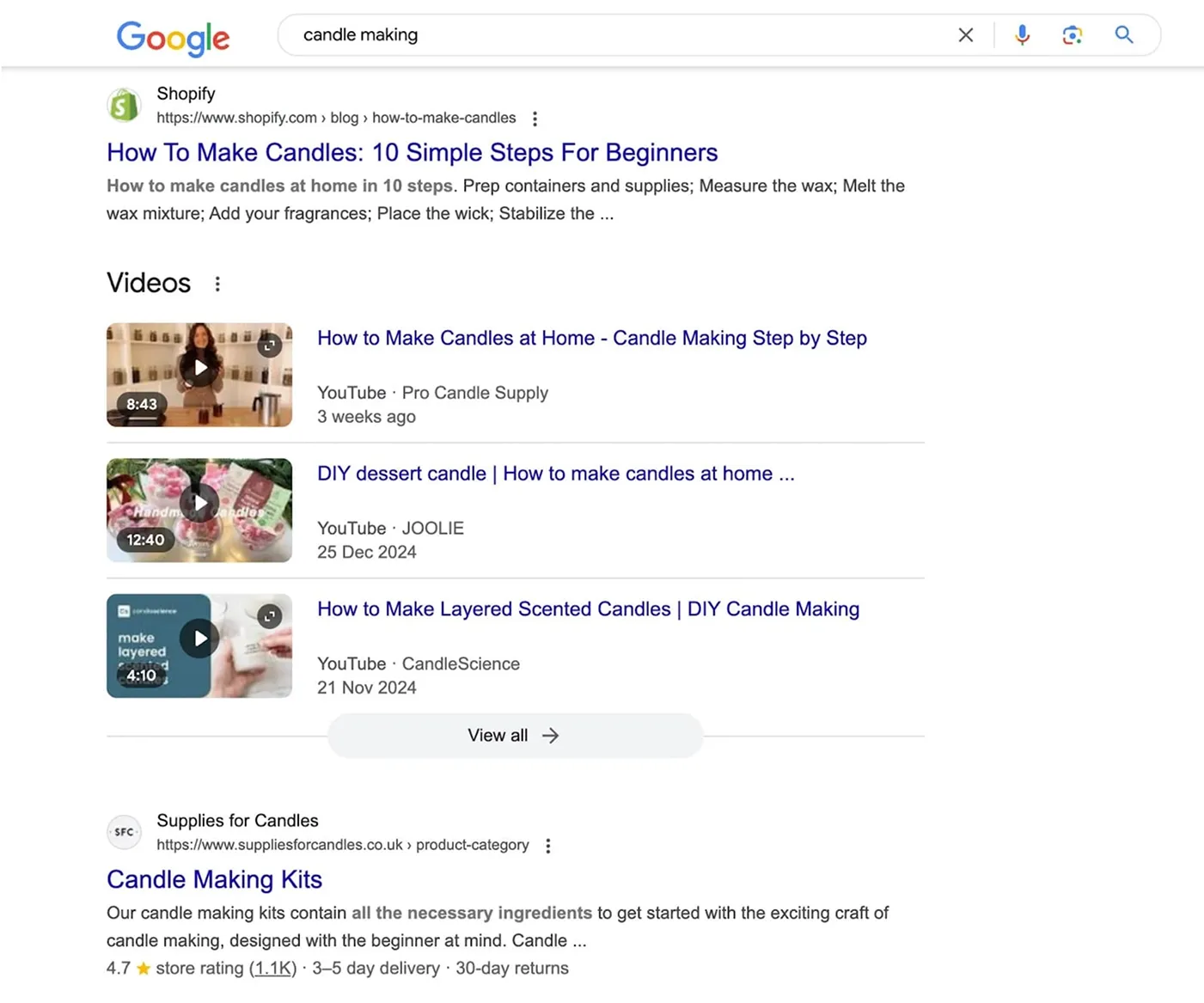
SEO Tools for Shopify
Effective promotion of a Shopify online store is impossible without specialized SEO tools. These help optimize service, product, and collection pages, fix errors, boost Shopify site speed, and enhance internal linking. These solutions ultimately drive sales growth.
Tools for tracking & analysis
The success of an SEO strategy or comprehensive plan can only be assessed through constant monitoring of key metrics. Tracking tools provide insights into search positions, user behavior, and page performance. They allow for timely adjustments to focus on the most effective actions.
Popular tools include:
Google Search Console, which tracks site performance in Google Search and identifies indexing issues.
Ahrefs, which provides detailed insights into keyword rankings, backlink profiles, and competitor strategies.
Semrush, which offers comprehensive SEO audits, keyword tracking, and traffic analysis for ongoing optimization.
Shopify SEO Apps
To simplify SEO work on Shopify, there are specialized apps designed for business promotion. These apps automate meta-tag, image, and site structure optimization and help eliminate errors. With these solutions, online store owners can adapt more quickly to market changes. You can browse through available apps for Shopify SEO in the Shopify App Store.
Frequently asked questions
How can I improve SEO for a Shopify store?
It’s crucial to start with business improvements. For example, create an easily navigable structure on your site, publish high-quality and engaging articles, compress images, and invest in high-quality external links. Regular updates to the site will help maintain strong positions.
How much does Shopify SEO cost?
Pricing depends on several factors, such as the complexity of the project and the number of services required. In any case, a comprehensive approach to SEO is what will drive growth.
Is SEO on Shopify effective compared to other platforms?
When properly set up, Shopify can outperform competitors in organic reach. Success will ultimately depend on the technical adjustments made, addressing any issues, and marketing efforts. Smart optimization is key.
How do I check my Shopify SEO score?
You can use SEO tools or apps designed specifically for Shopify that scan your site and highlight any issues or areas to improve. Regularly checking your SEO score helps you spot problems early and keep your store ranking well in search results.



























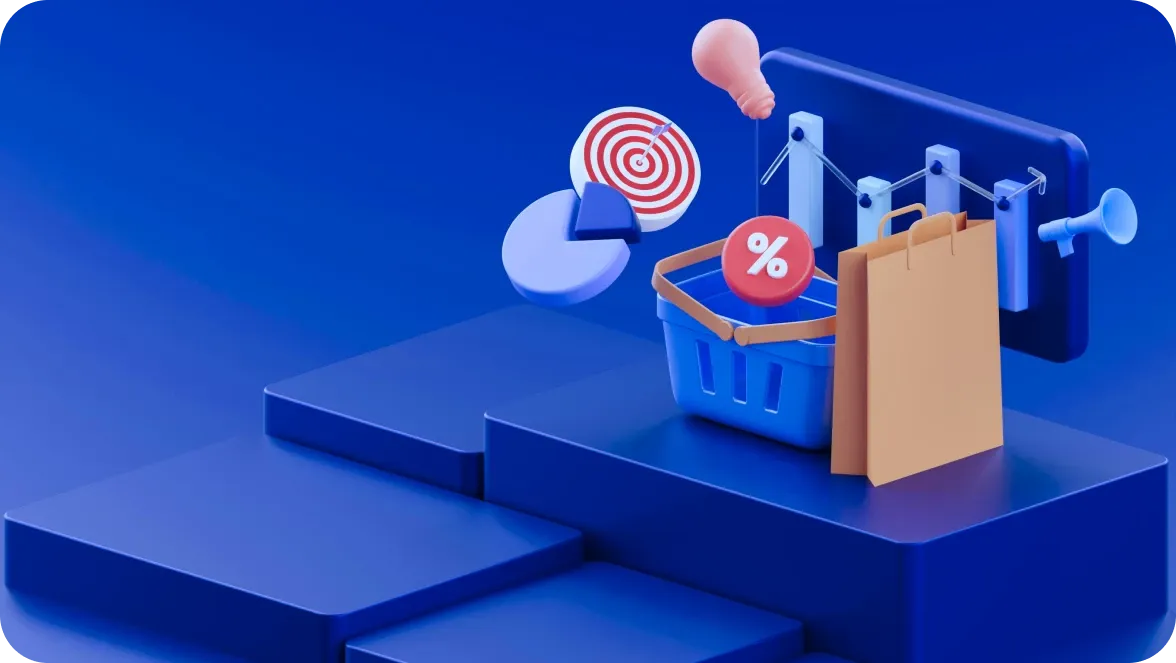






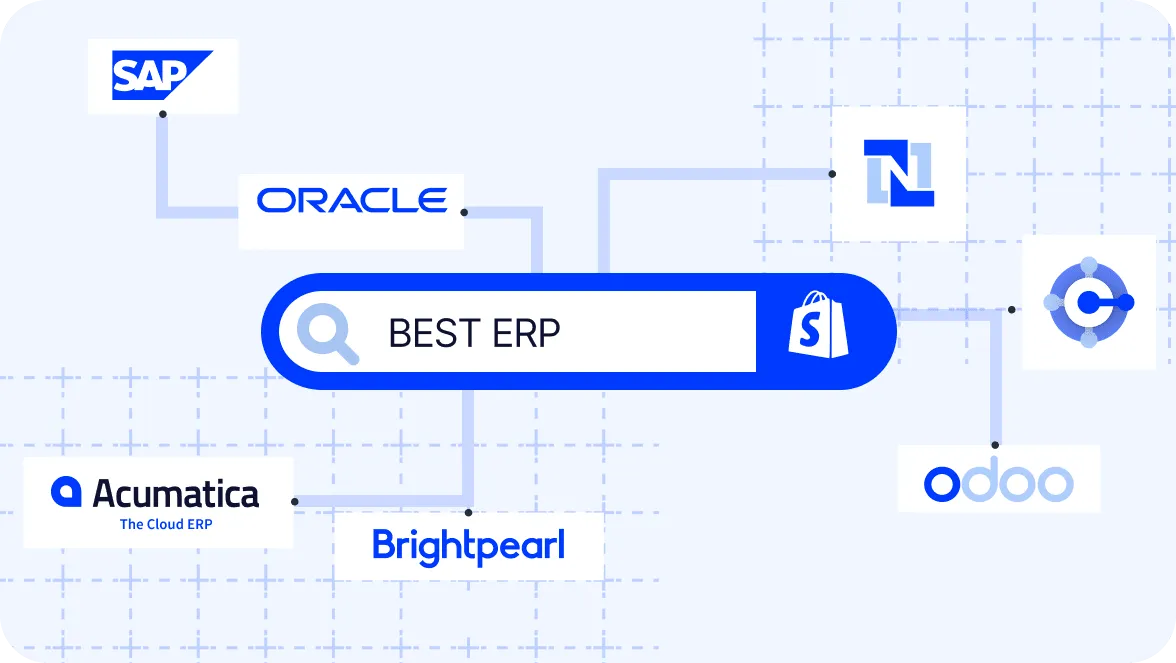



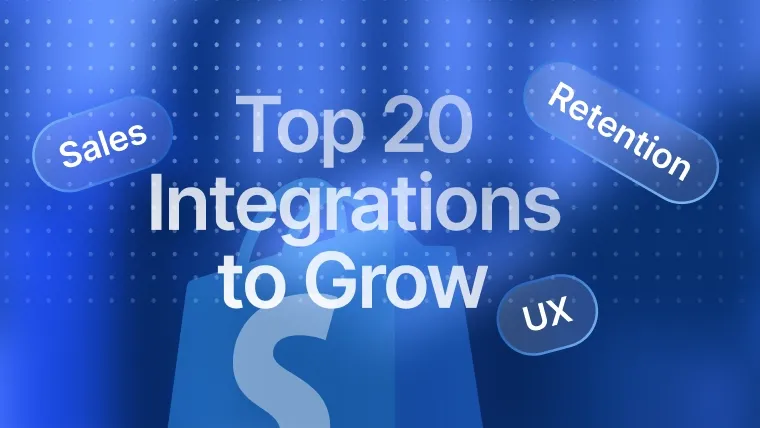
Was this helpful?
0
No comments yet